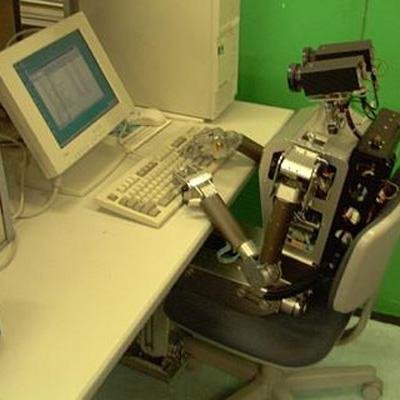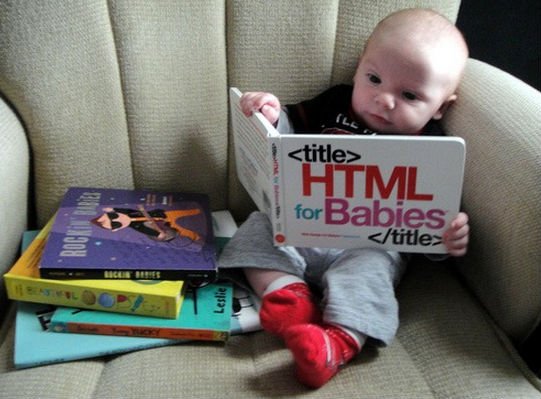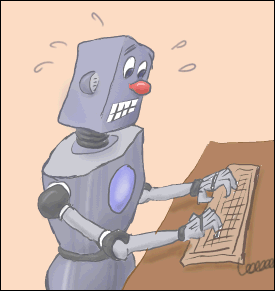Today, I'm moving a bit out of my usual authoring genre to talk about something that triggered my curiosity: Steemit bots.

I've been running an experiment at steemit for a while, one that measures how hard does "the Bot threat" strike in the network.
Does it really make an impact on human users? Do they take away potential benefits and/or readers?
Well, around 12 hours ago I made a "bait" post. The one consisted on a series of "random" words picked off a basic chatbot neural network, separated by punctuation marks but with no sense at all (I had her "smart" part of the brain switched off, since I took for granted that upvote bots did not take that into consideration).
This was made based on a series of theories:
Upvote bots (lets call them "curation farmers", CF for short) would take into consideration "quality", quantity is not a synonym of such, yet still today in the 21st century some people believe such thing. The CF would take the wordcount into consideration. Some words repeated themselves from time to time, as in any natural language.
Part of the "quality" would also be the embedded data included at the article, thus, I chose 3 robot pictures to "throw in" there, for the sake of bot-credibility.
I also added 5 tags, the "trendy" tags, hoping that the CF would actually monitor such; given that the trend remains a trend for way too long (yes people, Justin g̶a̶y̶ Bieber is still a trend; he wont gain vocal amplitude by a miracle) in what we know as herd behavior.

The game was on!
During the last hours, some CF's bit the bait. They are (sadly) 20% of my followers. And, from what I could observe at other smurf accounts, some don't literally "follow" the authors, yet they keep them listed at their database.
Primitive bots, if you ask me. They probably use a Flesch-Kincaid readability test to "value" an article. Yet nothing beats humans at reading text... Yet (well, maybe Watson does; if the sample text is large enough).
Do they have a real "impact"?
Luckily, from what I was able to measure; no, they don't. Their vote weight is so low, they cant even make an article be worth 0.01 by voting. They are "farming" at a very low speed.
It looks, in my point of view, that other than loading the steem blockchain, all they do is create false statistics, and perhaps trigger "human" herd behavior by giving a higher score at steemit's listing.
Their automated articles are, literally, shit. Even my word mashup article had more relevance than their not-indexed pictures. Yes, some of them create what in other networks is known as copypasta. Awful content stolen from Cyrillic language websites, and poorly translated by google's or bing's translators.

Yet, human cattle's weight of votes is ALSO low: Irrelevant.
Is bot hunting a witch-hunt?
As long as the real, human, original, authors keep the feedback among themselves; bots will be nothing else but an appendix at the huge database. Something that HAS to eventually be removed, but that keeps the organism (steemit) alive in case of a major catastrophe (massive emigration of users).
Bots should not be a concern: I take my words back. The impact they represent is so low, and it becomes so underrated by the community. That I'm surprised people waste time running them.
There "may" be exceptions to my observations, yet, how many automated authors/curators make it to the top 1000 users? Keeping the proportions, we end up laughing about script kiddies.

Neither the bots or the "creators" are entities smart enough so that we should be concerned about.

